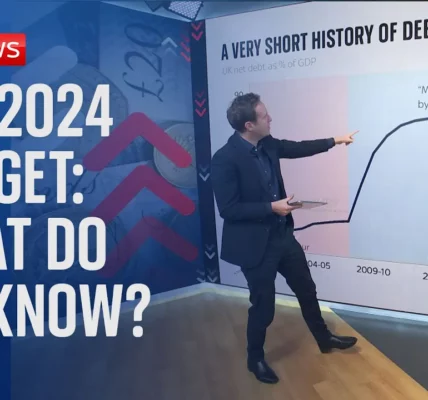Public Inquiry into UK’s Handling of COVID-19 Pandemic: Key Findings and Recommendations

This article delves into the comprehensive findings of the public inquiry into the UK government’s response to the COVID-19 pandemic. It explores the major failures in planning and policy, the long-term consequences for citizens, and the recommendations aimed at enhancing future pandemic preparedness.
Introduction
The COVID-19 pandemic has reshaped the landscape of global health, exposing vulnerabilities in public health systems worldwide. In the UK, a public inquiry has been launched to scrutinize the government’s response to the pandemic, revealing significant failures in planning and execution. Chaired by Baroness Hallet, the inquiry emphasizes the need for urgent reforms to prevent future crises. This article provides a detailed overview of the inquiry’s findings, focusing on the UK’s pandemic preparedness, decision-making processes, and the overarching implications for public health policy.
Government’s Pandemic Preparedness
The inquiry’s initial report highlights that the UK was drastically unprepared for the pandemic, despite the prevailing belief that it was among the best-prepared nations. Key points include:
- Misguided Confidence: The UK government operated under the assumption that its pandemic planning was robust, a belief that was ultimately proven to be dangerously mistaken.
- Inadequate Civil Emergency Planning: The inquiry described the government’s pandemic planning coordination as “a bowl of spaghetti,” indicating a lack of clarity and organization.
Key Agencies’ Roles
Evaluations of key government bodies such as the Department of Health and Social Care and Public Health England revealed significant shortcomings in their pandemic response capabilities. The inquiry’s findings suggest a pressing need for:
- Clear communication pathways between agencies.
- Regular pandemic exercises to ensure readiness.
- A centralized command structure for efficient decision-making.
Impact of Austerity and Brexit
The inquiry also examined the impacts of austerity measures and Brexit on the UK’s pandemic response. Key observations include:
- Austerity’s Toll: Continuous budget cuts in public health services over the years have weakened the system’s capacity to respond effectively to health crises.
- Brexit Complications: The transition period following Brexit created additional challenges in securing timely medical supplies and support from European partners.
The Human Cost of the Pandemic
With over 230,000 deaths and millions living with long COVID, the human toll of the pandemic is profound. The inquiry underscored the moral and legal responsibilities of the government to ensure better preparedness for future health emergencies. Important aspects include:
- Long COVID Effects: An estimated two million individuals are currently living with long COVID, highlighting the need for comprehensive healthcare strategies.
- Public Sentiment: Many families have expressed deep dissatisfaction with the handling of the pandemic, demanding accountability and reform.
Recommendations for Future Preparedness
The inquiry’s recommendations focus on systemic reforms necessary to enhance the UK’s preparedness for future pandemics. These recommendations include:
- Establishing a single committee to oversee civil emergency planning.
- Implementing regular pandemic simulations across all four UK governments.
- Ensuring that all recommendations are acted upon to avoid another “report that gathers dust.”
Conclusion
The public inquiry into the UK’s COVID-19 response has exposed critical failures in government planning and execution. As the inquiry progresses, it is imperative that the lessons learned shape future public health policies and strategies. The next report is anticipated in 2025, and it is essential that the government acts on the recommendations to protect citizens from the devastating impacts of future pandemics. For more information on public health policies and ongoing inquiries, visit our related articles on pandemic preparedness and government accountability.
“`




